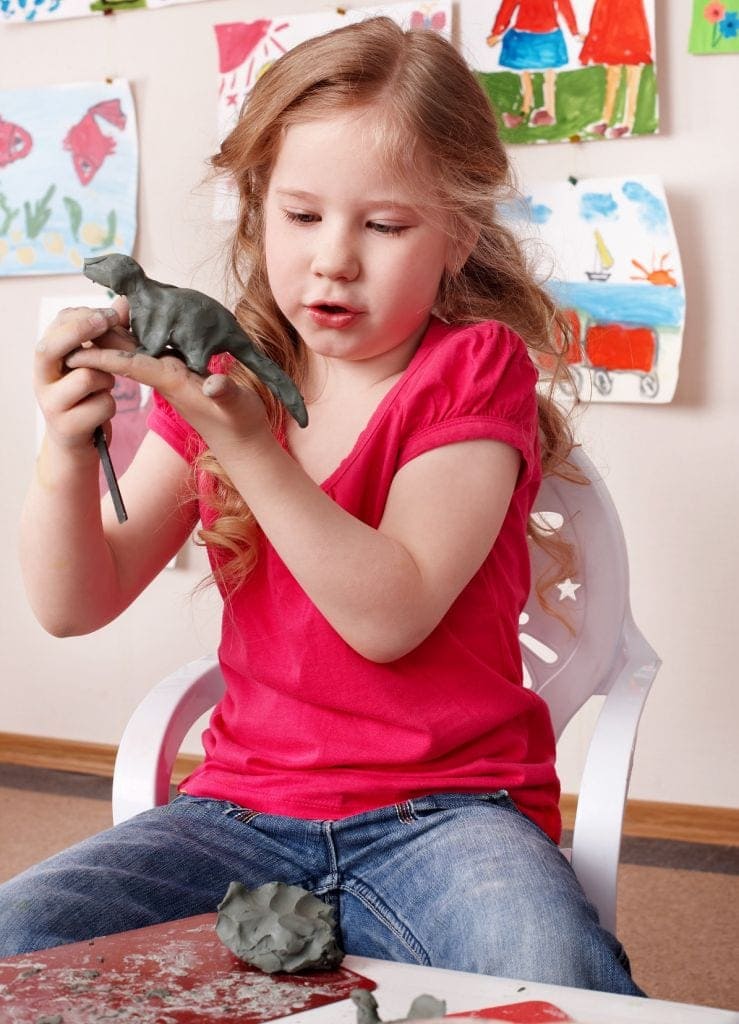The first step to finding the right school for children with a Sensory Processing Disorder is to deeply understand your child and what his or her behaviour means. What kind of SPD do they have? Are they:
Over-sensitive to certain sensations

Which ones? Noise, movement, touch, mouth sensations, smell, a busy visual environment, light?
How do they respond?
- Fear and anxiety that they bottle up while at school and then explode at home.
- Flight / Avoidance type behaviours where they try to move away from what disturbs them or even leave the room. Or distract you with talking about something irrelevant to the task.
- Fight – Aggression, angry words, hitting out at peers or adults, biting themselves or others.
Such children need to feel safe so they can calmly cope with the barrage of stimulation. The key here is using a supportive, calm and predictable parenting/ teaching style. Avoid forcing children to participate but rather support them to engage at their own pace.
You need a teacher and principal in your new school that will understand (or be willing to learn) your child’s unique coping strategies when stressed and can provide help and understanding so he/ she can calm down and engage. AVOID situations/ people who blame your child (and you) for negative fright/ flight/ fight behaviours and label you child as naughty.
Under sensitive to sensation and lethargic
These kids often appear slow and are often referred for Occupational Therapy treatment to help with fine motor skills and handwriting and/or balance and coordination challenges. In the classroom, these kids can slip under the teacher’s radar because they appear docile and don’t cause trouble. They can also be labelled as lazy.
These kids appear like this because the sensory processing systems for proprioception (body awareness sense) and vestibular (movement sense) are out of sync and sluggish. So they need you as a parent to help them move –e.g. swinging with a rhythm and then with sudden stop and starts, bouncing on a therapy ball, rolling down a hill, listening to music with a strong beat and an upbeat style of interaction that has predictability and a rhythm will help them “wake up”.
Teachers in your new school should be open to getting kids moving whenever they are looking sleepy and tired – e.g. an errand to the office, a run around the oval with the class or a whole class exercise break will all help.
Sensory Seeking children
These children appear to be on the go. They make noises, they need to touch everything, love slime and lots of other “gross” things all over their body, love movement – rocking, swinging, spinning, going fast and then crashing, intense flavours and textures, smells and more. They can’t seem to get enough.
The ironic thing is that if you let sensory seeking children get enough of the sensation they crave, they are calmer, able to concentrate and learn. If you don’t, they are fidgety, restless and very distracting to themselves and others. (This is how they differ from children with ADHD – who are mostly fidgety and restless when sitting, no matter how much sensation they have had.)
To have success in your new school, you need a teacher and principal who will understand your child’s need for more sensation and provide extra opportunities within the classroom routine – something to chew on, a ball or special cushion to sit on, movement breaks and NEVER keeping them in at lunch-time. Also they should avoid labelling the child as ‘naughty’.
At home, you need to provide as much opportunity as possible for your child to get all the sensation he or she needs. Note that this will be much more than you think. The key is to watch that your child is calm and organised after playing. If he or she has a lot of fun but becomes hyperactive and cannot calm quickly, avoid that activity and seek some professional help if possible.
When things go wrong
If your child is becoming anxious, stressed and/ or angry in your new school, become a detective and find out why?
Are his/her sensory needs being met?
- Is something perceived as too hard?
- Are expectations too high or too low?
- Is there a child/ teacher mismatch?
- Are they over-scheduled with too many after school or weekend commitments and not enough down-time?
- Do they need more exercise and activity
Then work out who is best to help you problem-solve a solution – your child, family, teacher, special needs teacher, deputy and/or principal. Your school should be able to guide you in this.
The best predictor of whether a child will succeed at any given school is the attitude of the school’s principal. So when you are finding a school for your child, make sure that you connect with both the principal and the teacher.
By Vivienne Williams
Principal Occupational Therapist
Kids Matters OT
www.kidsmatters.com.au
This article was published in Issue 8 of our print magazine, February/March 2015.


 Are his/her sensory needs being met?
Are his/her sensory needs being met?